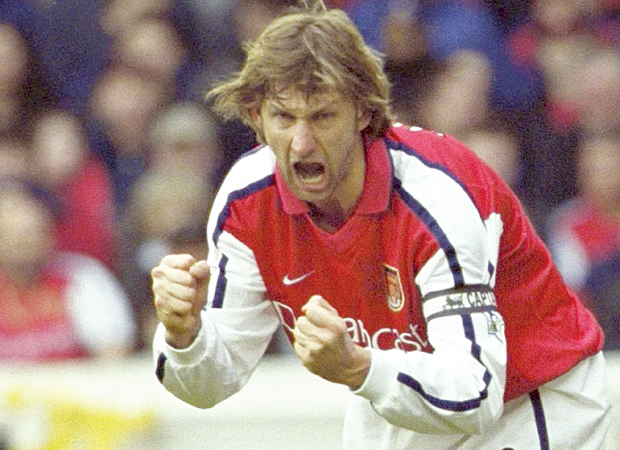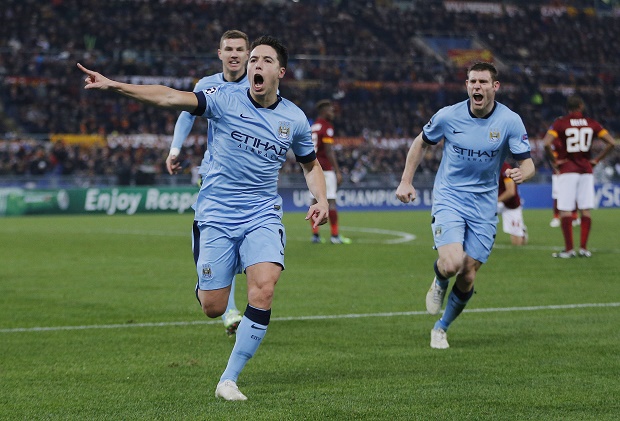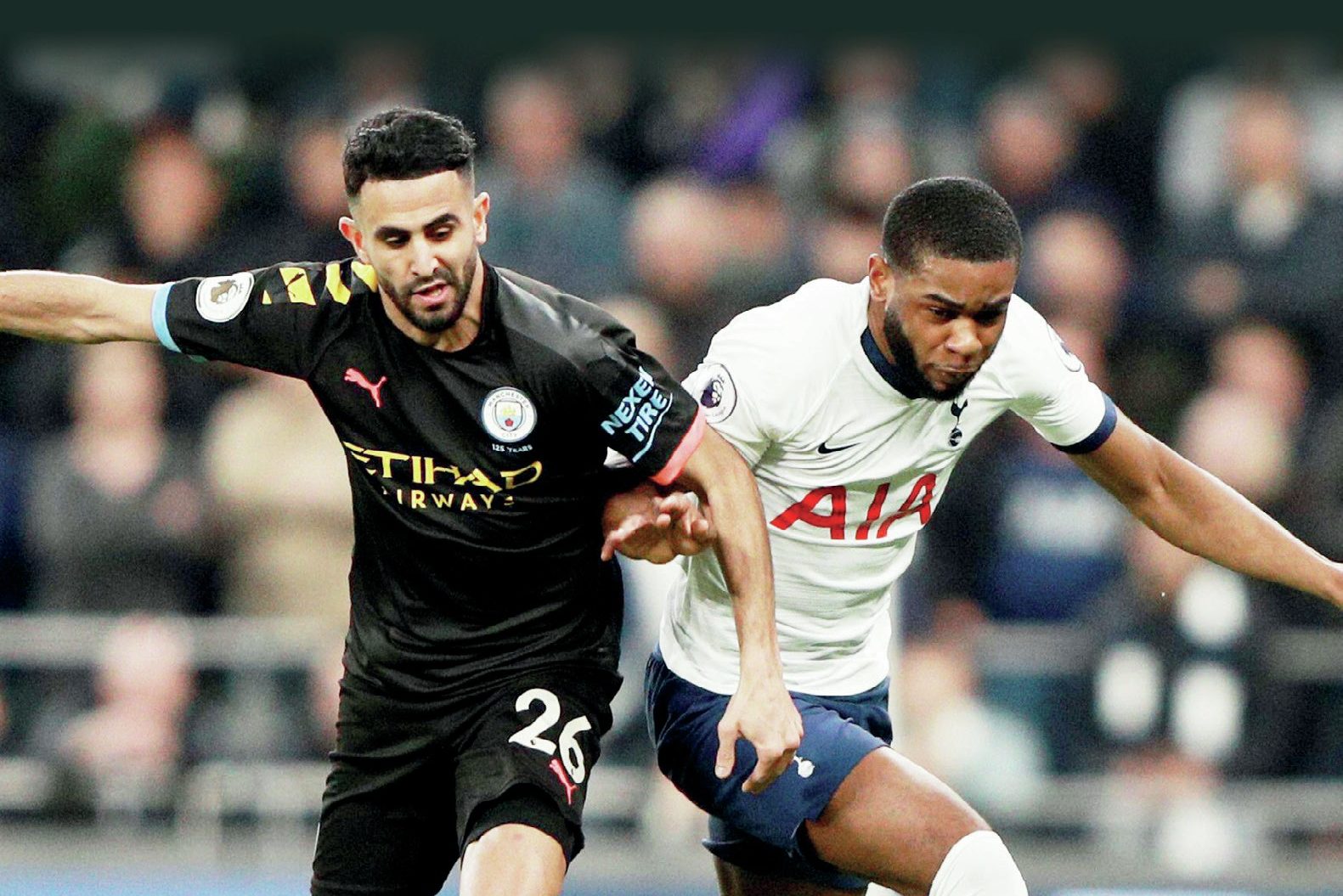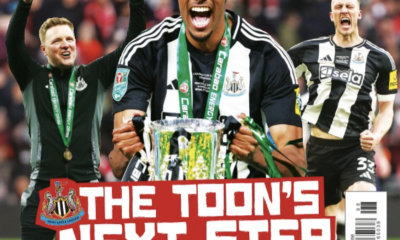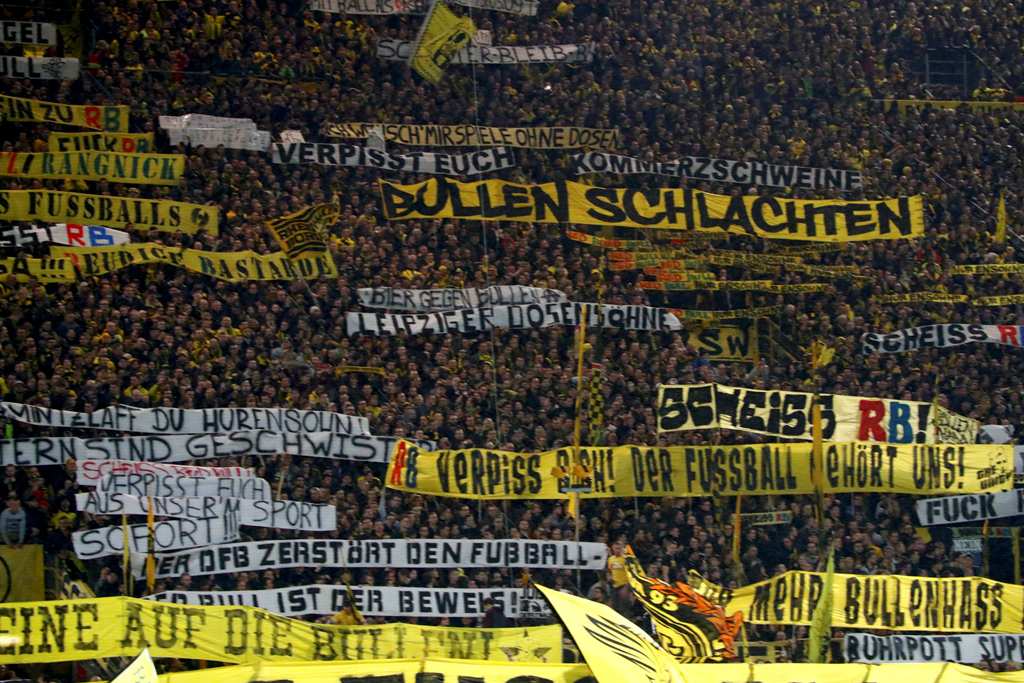
Borussia Dortmund’s journey to the UEFA Champions League championship game has been nothing short of spectacular. From overcoming early setbacks to showcasing tactical brilliance, the club has demonstrated resilience and strategic prowess. We will get into the key tactics that propelled Dortmund to their latest victory, providing a detailed analysis of their gameplay.
The Road to Redemption: Overcoming Early Setbacks
Dortmund’s campaign began with a challenging start. In the summer of 2023, they were still reeling from a heartbreaking end to the previous Bundesliga season. They were minutes away from clinching their first league title in 11 years when Bayern Munich’s Jamal Musiala scored a last-minute goal to snatch the Meisterschale away. Dortmund’s inability to secure a win against Mainz, resulting in a 2-2 draw, added to their woes.
However, this setback became a turning point. The team regrouped and refocused, channeling their disappointment into determination. Their European journey kicked off with a tough group stage draw, facing Paris Saint-Germain (PSG), Newcastle United, and AC Milan. An initial 2-0 defeat to PSG suggested a daunting path ahead, but Dortmund quickly turned things around.
Key moments included:
- A goalless draw against AC Milan at Signal Iduna Park.
- Back-to-back wins against Newcastle United, both with clean sheets.
- A standout 3-1 victory at the San Siro against AC Milan.
- A crucial 1-1 draw at home against PSG, securing the top spot in the group.
These performances highlighted Dortmund’s ability to adapt and overcome adversity, setting the stage for their knockout round success. Fans eagerly following the UEFA Champions League could find exciting opportunities on platforms like FanDuel Euro betting, where the odds often reflect the dynamic nature of these high-stakes matches.
Tactical Mastery: Key Strategies in the Knockout Rounds
Dortmund’s tactical approach in the knockout stages was a masterclass in strategic planning and execution. Facing Eredivisie leaders PSV Eindhoven in the Round of 16, Dortmund showcased their attacking prowess and defensive solidity.
Round of 16: PSV Eindhoven
- First Leg: A 1-1 draw in Eindhoven, with goals from Jadon Sancho and Marco Reus.
- Second Leg: A dominant performance at home, securing a 2-0 victory to advance.
Quarterfinals: Atlético Madrid
- First Leg: A challenging match in Madrid saw Dortmund trailing 2-0 before Sébastien Haller’s late goal provided a lifeline. Madrid went on to win the first leg 2-1.
- Second Leg: At home, Dortmund flourished, overcoming a deficit to win 4-2, inspired by Marcel Sabitzer’s midfield brilliance. The 5-4 aggregate win advanced Dortmund into the semifinals.
Semifinals: Paris Saint-Germain
- First Leg: A disciplined defensive display in Paris, with Niclas Füllkrug scoring the winner in the 36th minute, leading to a 1-0 victory for Dortmund.
- Second Leg: Mats Hummels scored in the 50th minute, helping secure a 1-0 win to complete a 2-0 aggregate triumph and Dortmund into the Champions League final.
Throughout these matches, Dortmund’s tactical flexibility was evident. They combined solid defensive structures with quick, incisive counter-attacks, effectively neutralizing their opponents’ strengths while capitalizing on their weaknesses.
Key Players: Stepping Up When It Matters
Dortmund’s success was a collective effort, with several players stepping up at crucial moments. Gregor Kobel’s goalkeeping heroics, Niclas Füllkrug’s clinical finishing, and Mats Hummels’ leadership were instrumental in their journey.
Gregor Kobel
Kobel’s performances against Newcastle United were particularly noteworthy. His shot-stopping abilities and command of the penalty area provided a solid foundation for Dortmund’s defense.
Niclas Füllkrug
Füllkrug’s goals, particularly the winner in the first leg against PSG, were vital in securing key victories. His ability to find the back of the net in high-pressure situations made him a reliable asset for the team.
Mats Hummels
Hummels rolled back the years with his performances, especially in the semifinals against PSG where he iced the full match with his goal. His defensive acumen and crucial goals exemplified his importance to the team.
Other notable contributions came from Julian Brandt, Marco Reus, Donyell Malen, and Jamie Bynoe-Gittens, who all scored crucial goals throughout the campaign.
The Emotional Journey: From Heartbreak to Triumph
The emotional aspect of Dortmund’s journey cannot be understated. The previous season’s heartbreak served as a catalyst for their European success. Head coach Edin Terzić, who was in tears after the Bundesliga disappointment, led the celebrations with joy and relief after securing a place in the final.
Terzić’s connection to the club runs deep. As a fan on the terraces when Dortmund lifted the Champions League trophy in 1997, he now has the chance to etch his name alongside his heroes in the club’s history books.
The upcoming final also marks an emotional farewell for Marco Reus, who announced his departure from the club. With 429 appearances, Reus is fourth on Dortmund’s all-time list and aims to make his final game a career-defining moment.


Book Reviews
Book Review: Chris Towers finds right mix

Book Reviews
Book Review: Sir Geoff Hurst hits net
